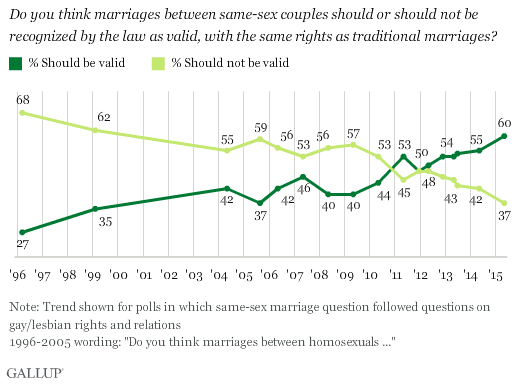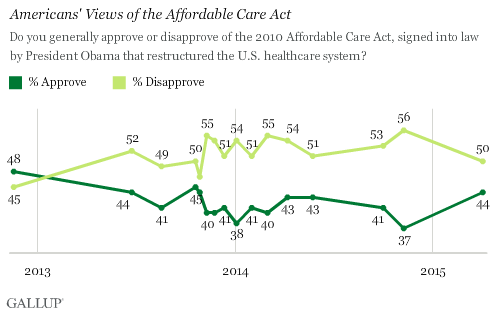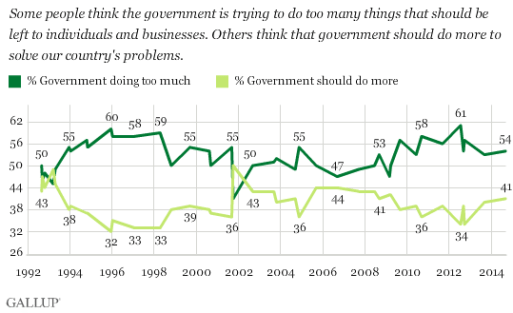Sexual Deviance Destroying Marriage and Religious Freedom
As you read this, remember how many times leftists assured Americans that homosexuals wanted nothing more than to be left alone to do their thing in the privacy of their bedrooms. And remember how they asserted that the legalization of same-sex “marriage” would affect no one, no way, no how.
Two days ago, the Corruption of Marriage Act (COMA)—known euphemistically by leftists as the Respect for Marriage Act—passed the U.S. Senate and will now go back to the U.S. House where it is expected to slither quickly through a U.S. House vote like a snake in the grass.
Recognizing the unconscionable and unconstitutional threat to religious liberty posed by COMA, U.S. Senators Mike Lee, James Lankford, and Marco Rubio proposed amendments that would strengthen religious protections, all of which were rejected. Adding insult to conservatives to injury to the First Amendment, twelve treasonous Republicans voted for COMA.
Why would anyone on the right or left reject amendments that would strengthen religious liberty protections? The amendments failed because Democrats have no respect for religious free exercise protections, especially if they come into conflict with the cultural and political desires of those with deviant erotic predilections.
U.S. Senator Ted Cruz describes the shape of things to come after COMA is signed into law:
The so-called Respect for Marriage Act is going to set the stage for the Biden IRS to target people of faith, and in particular, to deny tax exempt status to churches, charities, universities, and K-12 schools. This bill creates a federal cause of action to sue institutions that believe marriage is the union of one man and one woman. There are going to be hundreds of lawsuits filed all across this country, forcing underfunded defendants to settle and violate their beliefs or close their doors. That’s what the Democrats want. And 12 Republicans went along with it.
COMA will overturn the Defense of Marriage Act (DOMA), which preserved in federal law the cross-cultural and historical definition of marriage as the union of one man and one woman. COMA will force the federal government and all state governments to recognize homoerotic, non-conjugal relationships as marriages. In other words, COMA codifies the unconstitutional U.S. Supreme Court Obergefell v. Hodges decision.
Quisling Senator Mitt Romney made a statement both silly and repugnant in support of COMA:
This legislation … signals that Congress — and I — esteem and love all of our fellow Americans equally.
Romney, as a sitting U.S. Senator, has proclaimed that esteem and love for others depend on passing laws that codify that marriage has no connection to sexual differentiation or reproductive potential. In so doing, he has insulted the thousands of people who believe otherwise, including many whose beliefs are central to their identity as Christians. And he has lent Republican weight to the allegations of hatred hurled at conservatives every day from every corner of American life.
Signaling esteem and love for all Americans equally does not require Congress, Mitt Romney, or any other citizen to affirm any particular beliefs about marriage. Presumably, Romney esteems and loves his fellow Americans who would like to marry their four poly partners. Does he seek to legalize plural marriage in order to signal his virtuous love and esteem?
What about adult women who want to marry their fathers or men who want to marry their brothers or young adult nephews? Does Romney want to signal to them how much he and Congress esteem and love them?
Such juvenile foolishness was bipartisan. U.S. Senator Chuck Schumer, who has a “married” lesbian daughter, emoted,
By passing this bill, the Senate is sending a message that every American needs to hear: No matter who you are or who you love, you, too, deserve dignity and equal treatment under the law.
Schumer claims to believe that dignity and equal treatment under the law require the law to recognize any union constituted by “love.” That will be very good news to Minor-Attracted Persons. All they have to do now is grow their lobby and change the definition of consent.
But the core question regarding marriage has nothing to do equality, dignity, love, or esteem. The core question is, “What is marriage.”
Romney’s foolish ideas about the role of government echo former U.S. Supreme Court Justice Anthony Kennedy’s opinion in Obergefell:
The nature of marriage is that … two persons together can find other freedoms, such as expression, intimacy, and spirituality. This is true for all persons, whatever their sexual orientation. … There is dignity in the bond between two men or two women who seek to marry. … [Same-sex couples’] hope is not to be condemned to live in loneliness, excluded from one of civilization’s oldest institutions. They ask for equal dignity in the eyes of the law. The Constitution grants them that right.
At least Kennedy acknowledged that marriage has a nature. Unfortunately, he doesn’t seem to know what that nature is or why the government is involved with marriage.
He doesn’t explain why marriage is composed of two people. He doesn’t explain what criteria he used to determine that “there is dignity” in the erotic/romantic bond between two people of the same sex. He doesn’t explain why not being able to marry someone of the same sex dooms homosexual couples to “live in loneliness.” And where oh where does Kennedy find a right to dignity in the U.S. Constitution? If such a right lurks somewhere in the penumbra and emanations of the U.S. Constitution, how is it granted to those whose beliefs about marriage are attacked as hateful by members of Congress?
Here’s yet another remarkable statement from Kennedy on the dignity-dispensing role of government:
I thought [dignity-bestowing] was the whole purpose of marriage. It bestows dignity on both man and woman in a traditional marriage. It’s dignity-bestowing, and these parties say they want to have that, that same ennoblement.
The “whole purpose of marriage” is to bestow dignity on sexually differentiated marital unions? Really? Many Americans thought the inclusion of sexual differentiation in the legal definition of marriage was a recognition of the intrinsic nature of marriage and served to unite mothers and fathers to each other and to any children that may result from their sexual union, which in turn serves to protect the inherent needs and rights of children, which in turn serves the public good. The job of the government is not to affirm love or confer dignity on any type of union—conjugal and reproductive or erotic and sterile.
Always two or two dozen steps ahead of conservatives, leftists are anticipating the day when Obergefell will be overturned, and states will once again be free either to recognize in law what marriage in reality is or redefine marriage to help homoerotically attracted persons pretend their relationships are marital. Leftists want to ensure that states in which citizens vote to recognize true marriage are forced to recognize legal same-sex faux-marriages performed in other states.
COMA’s sponsors also cynically included interracial marriage in the bill, which strikes many as bizarre. Is there a movement afoot that no one has heard of to ban interracial marriage? Of course not. Including a reference to interracial marriage serves two pernicious purposes of leftists.
First, it is an implicit way to reinforce their nonsensical comparison of skin color to homoerotic desires.
Second, it enables leftists to cast aspersions on Republicans who oppose COMA. Unprincipled Democrats can now say in voices trembling with faux-umbrage, “Republican Senator (fill in the blank) voted against a bill to protect interracial marriage” as they wag their crooked fingers.
The GOP needs an overhaul. We need a Republican National Committee chair not named Ronna Romney McDaniel. We need men and women with working moral compasses and spines of steel. And we need to give fools and quislings like the dirty dozen in Congress a big joyous heave ho.






